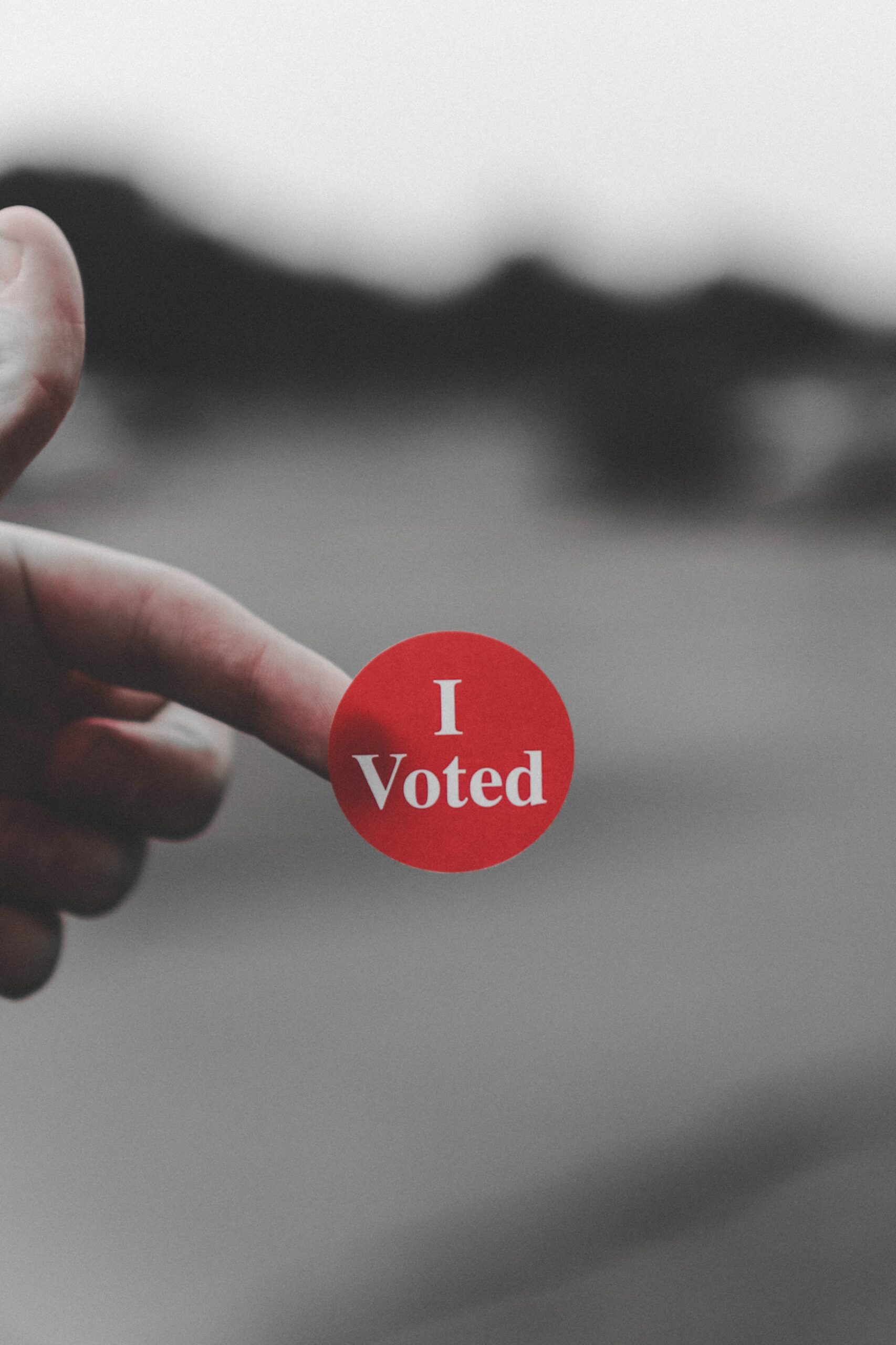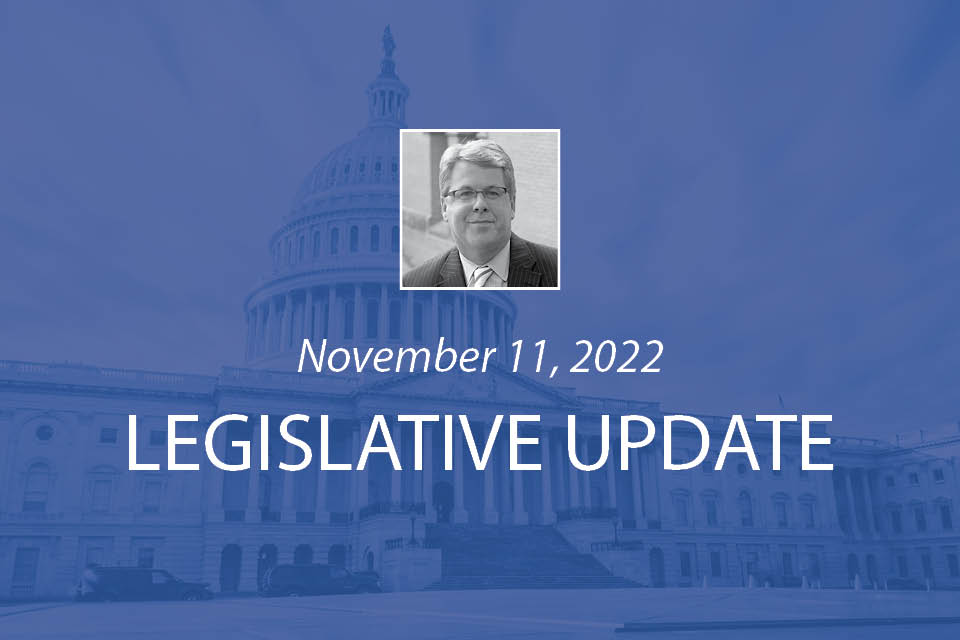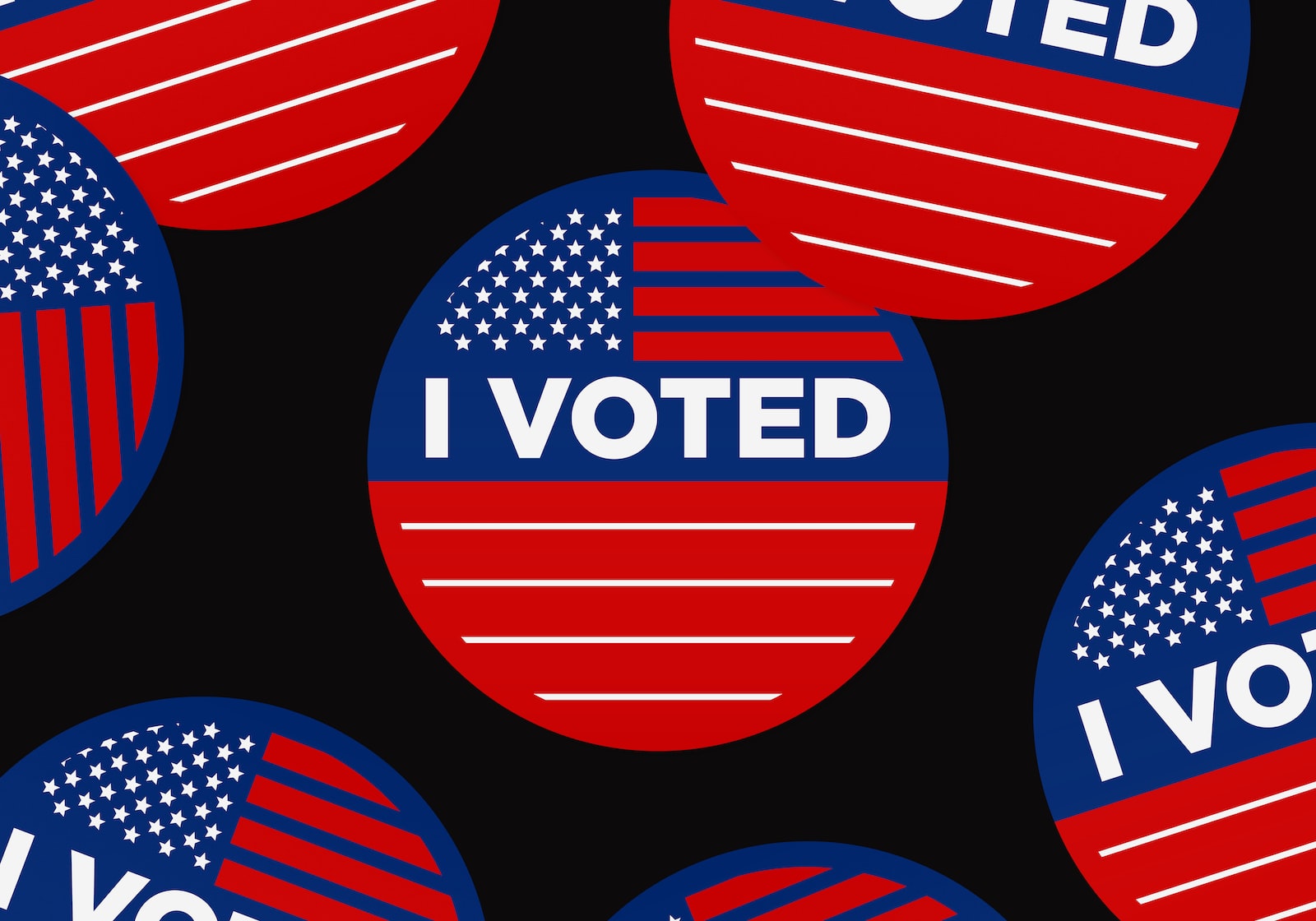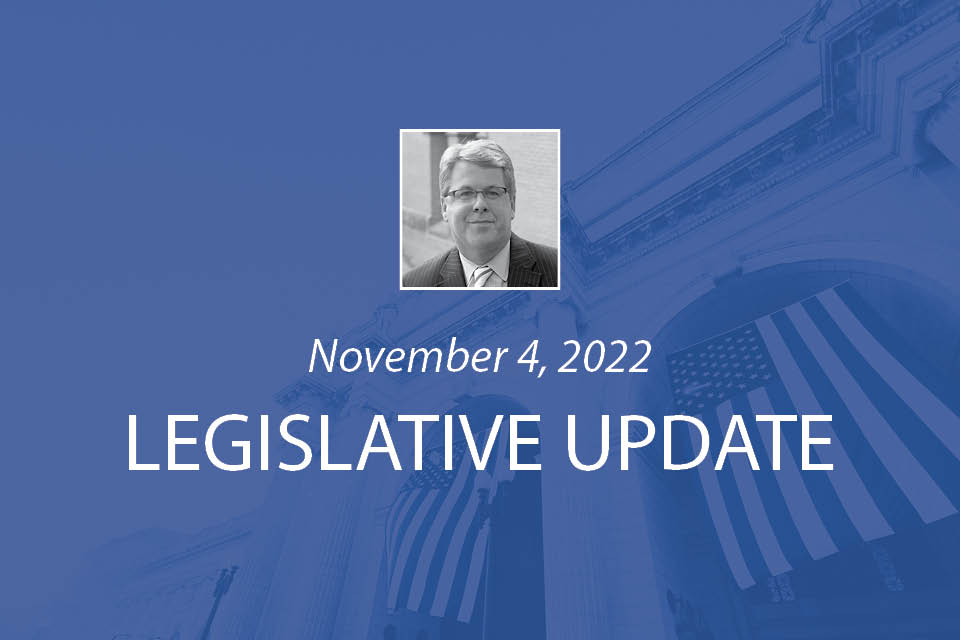With most of the primary elections behind us, attention now turns to the General Election in November. The big question on everyone’s mind is “Who will control Congress?” While this is a key question, there is a lot eligible voters need to know before they go to the polls.
Registering to Vote
If you are not already registered and want to vote in November, you need to do so soon. Many states require you to register as much as a month or more before the election. Use this look-up tool to find your state or local Board of Elections (BOE) and get a voter registration form. These can be mailed to your local BOE. Make sure you understand the rules regarding postmarking and the date by which it must be received so that you can vote.
Absentee Voting, Vote by Mail, and Early Voting
Every state allows you to vote by absentee if you are not able to get to your polling place on Election Day. However, you need to ensure you request a ballot with enough time for it to be mailed to you—or you can pick it up at your local BOE—and that it is properly postmarked, to ensure your vote counts. Remember, some states have no excuse absentee voting while in others you must have a valid reason to vote absentee.
Some states have other options for voting, such as New Jersey’s vote by mail option, while other states have switched to fully mail-based elections, such as Vermont, Utah, Colorado, and Washington State. Including those states that run all-mail elections, 46 states offer early voting to residents, including many states in the ABMA footprint: Georgia, Louisiana, Maine, Maryland, Massachusetts, New Jersey, New York, Oklahoma, Pennsylvania, and Rhode Island. To learn more about your state’s options for early voting, check out this National Conference of State Legislatures article: Early In-Person Voting (ncsl.org).
NBC News has an excellent state-by-state election guide with information on early voting as well as key races in each state.
Voters’ Rights and Responsibilities
To exercise your right to vote, you need to know your rights and responsibilities. One of the most important things to know, especially if you live in a state with very busy polling places and long lines, is do not leave if you are in line when the polls close. You have the right to vote. Anyone trying to make you leave or convince you that you can’t vote since it is past the poll’s closing time is guilty of voter intimidation, which is a federal crime.
If your primary language is something other than English, in some states you have the right to a ballot in your native language or someone to help you understand the ballot. The federal government requires cities, counties, states, etc. to provide multilingual ballots when a language group in that location numbers more than 10,000 or more than 5% of eligible voters. To learn about the specific rules in your state and what is available for non-native English speakers, check out your state’s BOE website.
All polling places must also be accessible. That means if voting is on the second floor, there must be a way for those who are differently abled to access the polls, such as an elevator. The buildings must also be able to be entered at street level or have a ramp, and there must be a way for those who are visually impaired to be able to vote. Click here to learn more about voting rights or contact your BOE to find out what to expect at your polling place.
While you have many rights as a voter, you also have responsibilities. First, make sure you go to the correct polling place. Each county and some cities have multiple voting districts, so make sure you visit your BOE website so you know exactly where you are supposed to go and the hours of operation. If you go to the wrong polling place, you will not be allowed to vote and will have to go to your correct polling place to cast your vote.
While it is a topic of heated debate, more than two-thirds of the states have voter ID laws. What type of ID is valid depends on your state, so make sure you know before you go just what you will need to have with you. The National Conference of State Legislatures has a great resource on the laws that are in effect for 2022.
The most important responsibility you have as a voter is to be informed. Make sure you educate yourself on who is running in your state for the US Senate, in your district for the US House, in races for your State House and Senate, and any local races for school or town board. BallotPedia is an excellent election resource to find who the candidates are for various federal, state, and local races and to view a sample ballot based upon your home address.
Conclusion While we won’t know how control of Congress will shake out until after Election Day, we do know that every vote counts. I encourage you to educate yourself on the races in your state and districts and make sure you vote by mail (available in some states), vote absentee, vote during early voting (available in some states), or go to the polls on November 8th.




